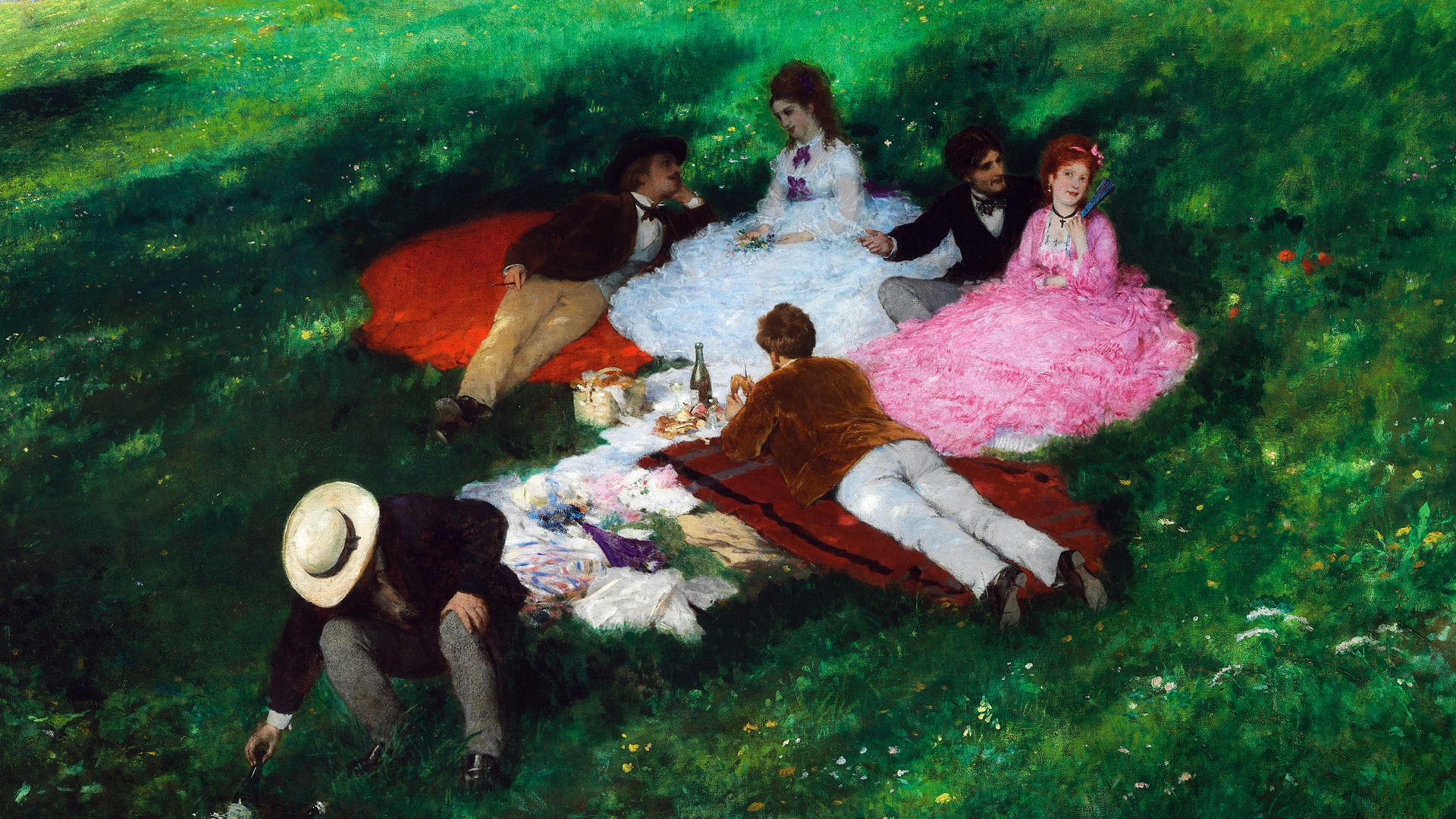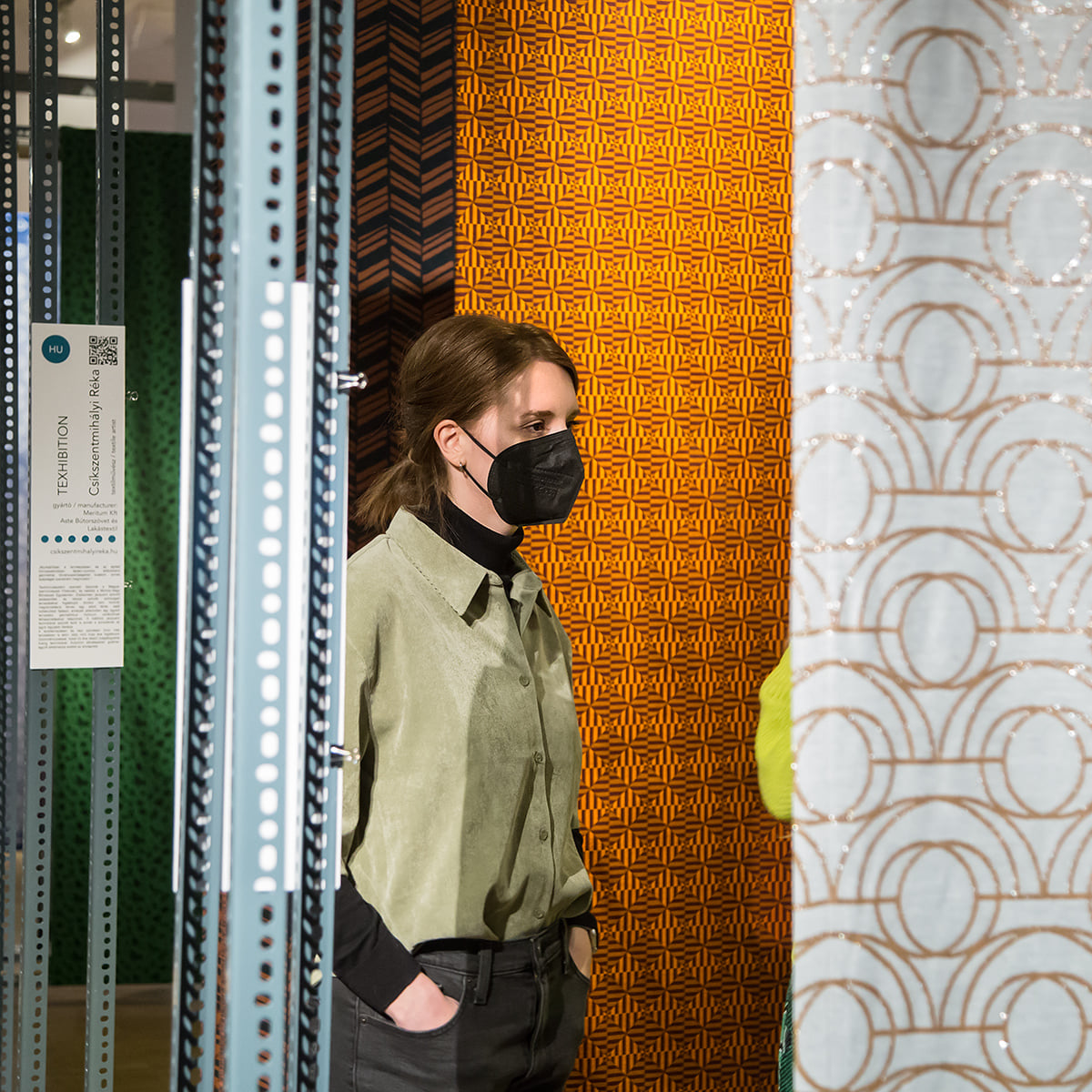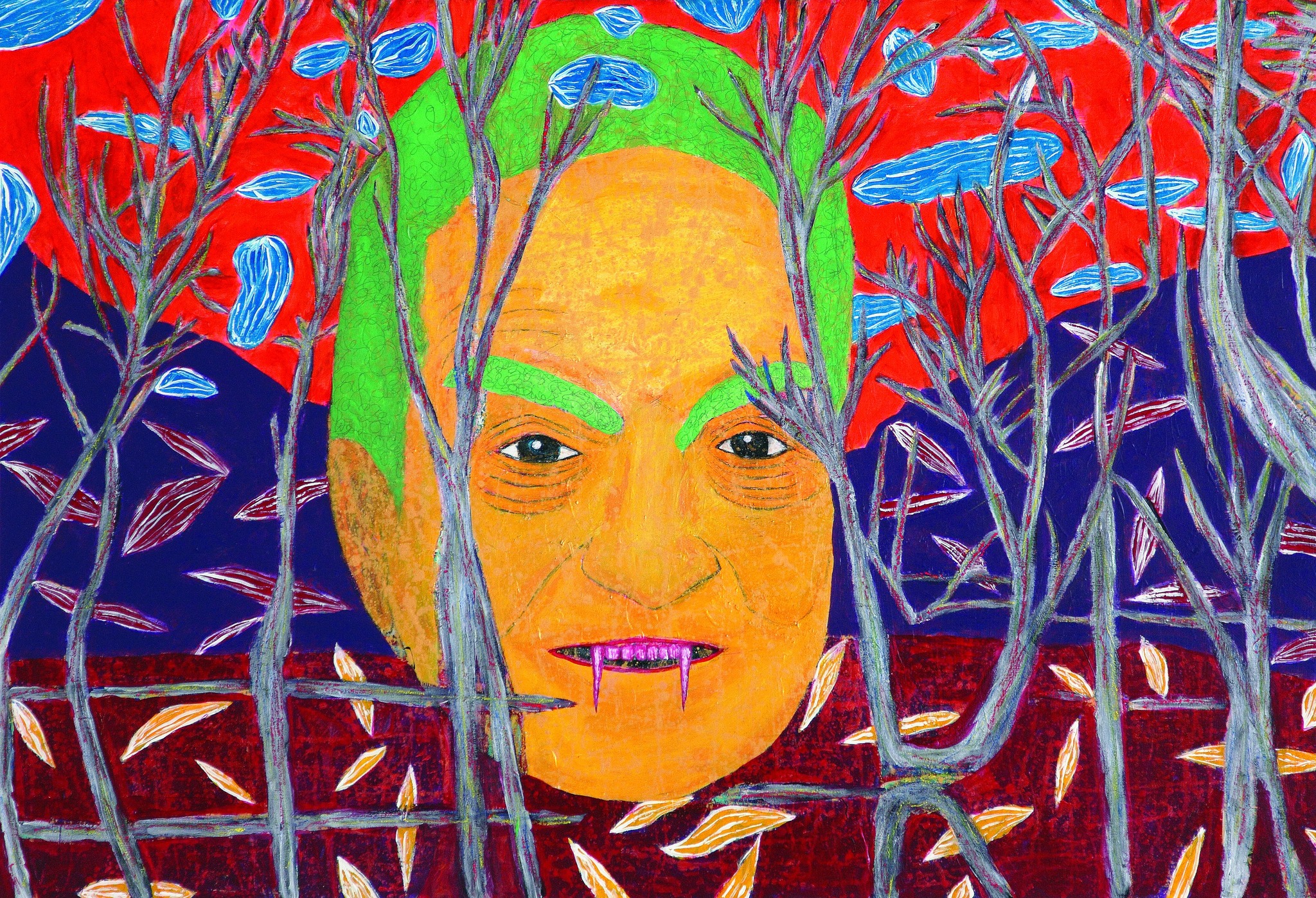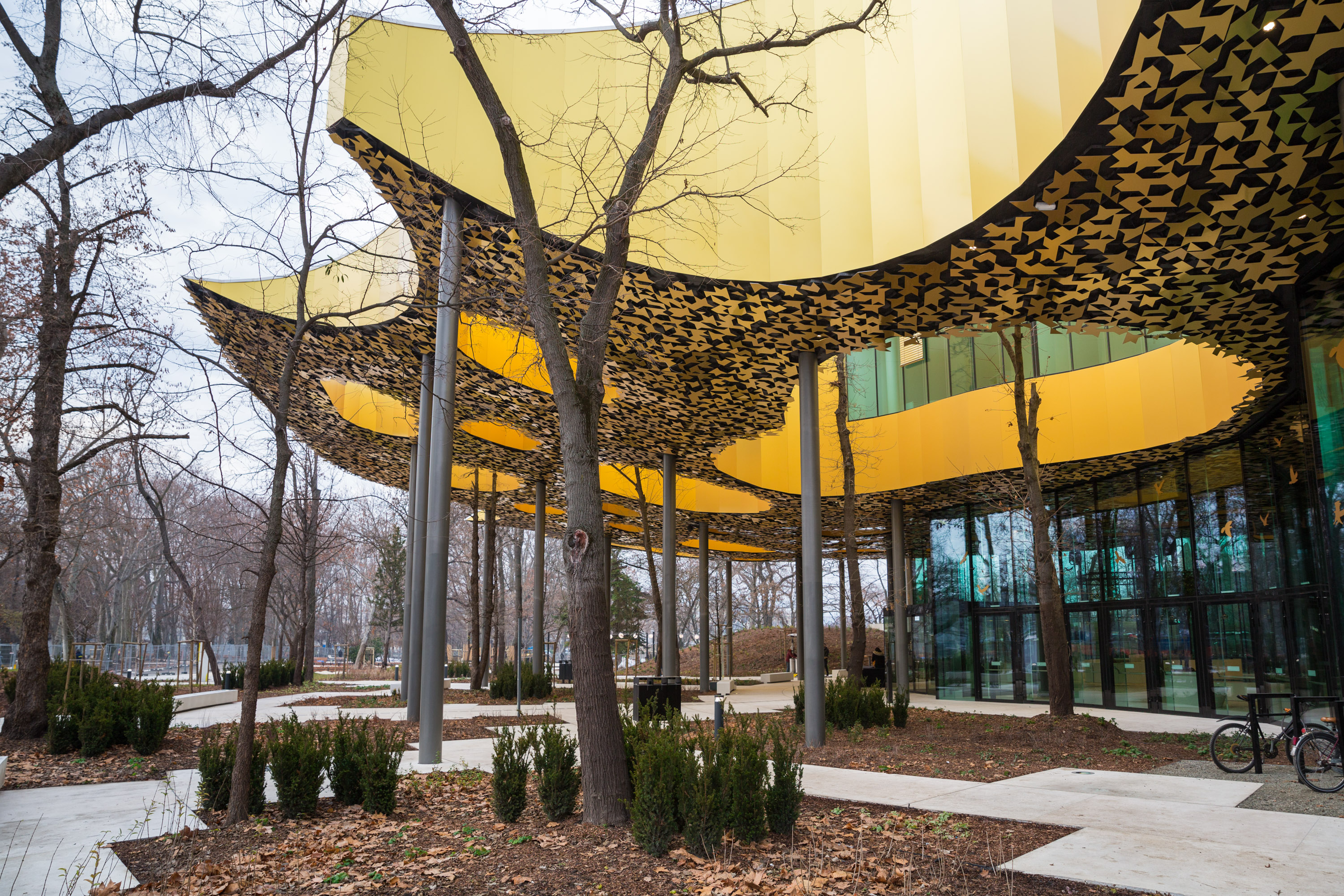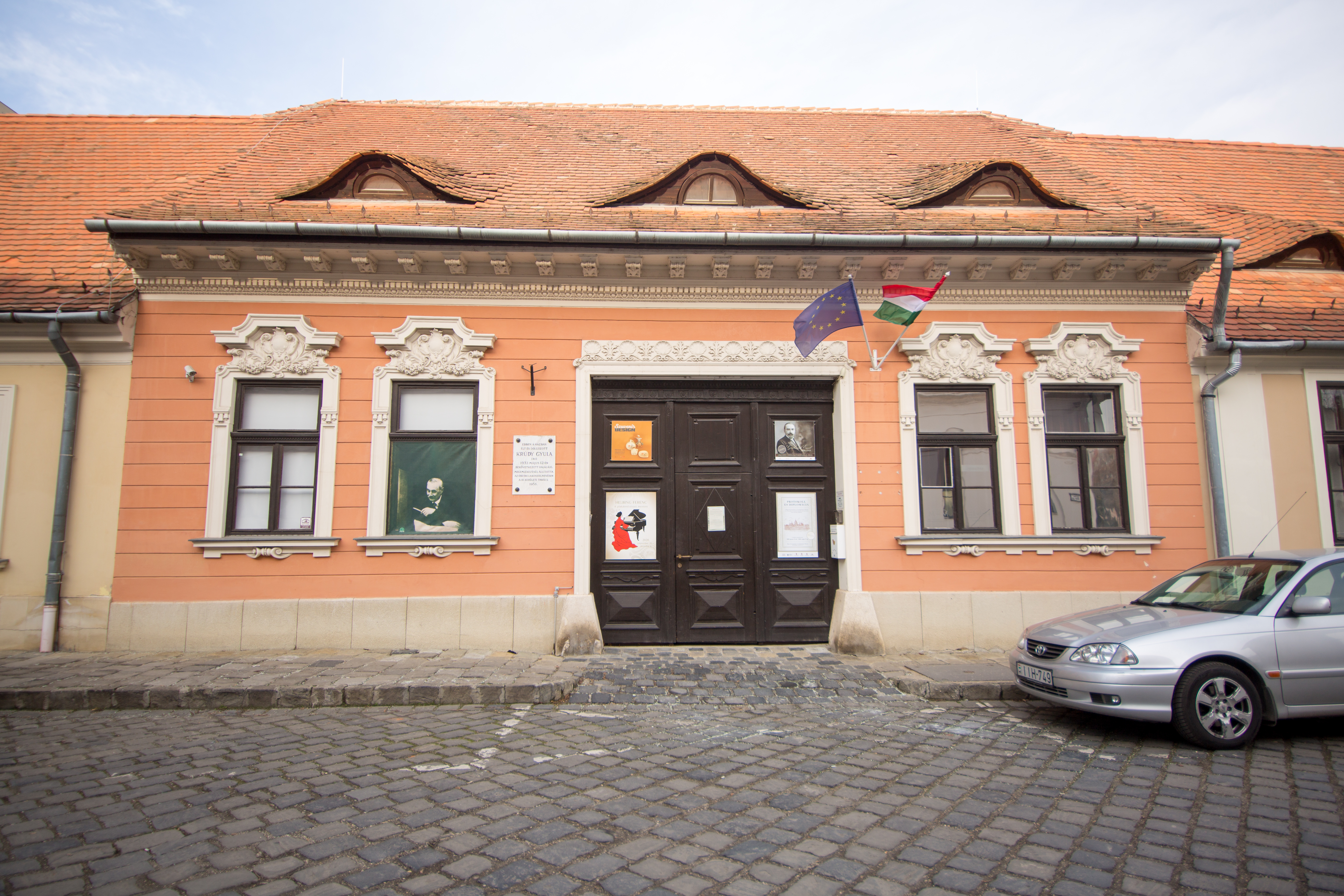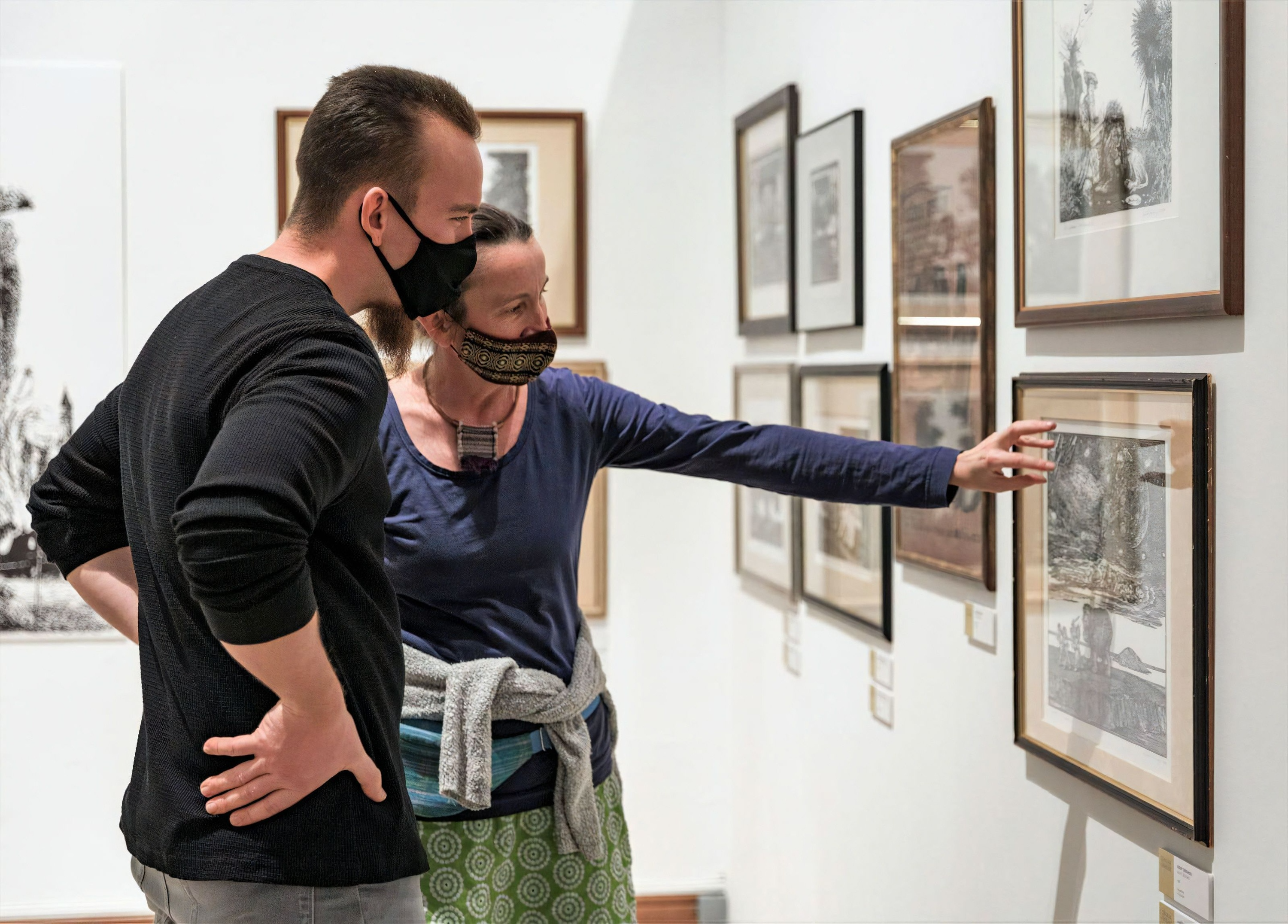1/7
Fuga/TEXHIBITION
The most
important goal of TEXHIBITION, held this year for the sixth time, is to draw
attention to the potential of the textile industry, which once had a leading
role in Hungary, to encourage communication between design generations and to enable
collaboration between manufacturers. With this in mind, the exhibition will
feature prototype collections which designers will be free to use later. All told,
21 Hungarian artists, including Szilvia Szigeti, Szilvia Vereczkey, Anna Regős,
Réka Molnár and Daniella Koós, take part. This year’s
foreign guest is Erja Hirvi from Finland, star designer at Marimekko, whose
work can also be seen here. More details here. Until 22 January
2/7
Godot Galéria/Péter Kacsuk
It is always exciting to see a selection from a private collection, as not only the works but also the approach in compiling them can be fascinating. This is especially true in the case of Péter Kacsuk, in which the IT artist’s original collection collated for investment purposes has gradually gained its own direction and has now become an exciting repository of documents reflecting the social problems of our time in an ironic, grotesque way. His collection includes such Hungarian artists as Levente Baranyai, drMáriás, Dániel Labrosse, Kriszta Tereskova Nagy, László Ősi and Sándor Pinczehelyi. More details here. Until 29 January
3/7
House of Hungarian Music/Sound Dimensions
Many are curious about the new museum in Városliget and luckily tickets are now available for their new
permanent exhibition called Sound Dimensions. It follows the history of this form of art since the birth of music, especially folk. What makes it special is that in addition to visual stimuli, your ears
now play a major role, for which you will receive separate headphones. More details here. Open from 28 January
4/7
National Gallery/Canvas and Cult
Amid the gloom, Canvas and
Cult. The Art of Pál Szinyei Merse (1845-1920) is one of
the best choices you can make for winter cheer, the
vibrant colours and the presence of nature in the pictures whisking you off in the direction of spring. The painter's works are now being presented
together with international parallels and Hungarian contemporaries. Buda
Castle, meanwhile, is undergoing an extensive revamp as part of the Hauszmann Programme, with several exhibitions and renovated historical attractions to peruse. Enjoy the view, mulled wine in hand. More details here. Until 13 February
5/7
MKVM/Fairy Tale Shop & Gold Brush
An unsung gem
in itself, the Hungarian Museum of Trade & Tourism (MKVM) in a pretty corner
of Óbuda is currently presenting the work of the undeservedly
forgotten applied artist, Kató Lukáts. The core of the exhibition is the legacy
preserved in the Museum of Applied Arts, which features a charming world of
books, posters and packaging, textiles and furniture decorations designed by
the graphic artist. Few would say that the illustrations of revered Hungarian children’s
books, Ablak-Zsiráf and Gőgös Gúnár Gedeon, which still look fresh today,
were designed half a century ago. More details here. More details here. Until 17 April
6/7
Műcsarnok/A Fantasy Come True
You can discover the work of graphic artist
Líviusz Gyulai, who died last year, at the exhibition A
Fantasy Come True at the Műcsarnok on Heroes’ Square. The artist’s precise
lino- and woodcuts, etchings and lithographs, which always fit perfectly with the
content and the text, are familiar to Hungarian readers from the volumes of Villon,
Shakespeare and Cervantes. The drawings, fashioned with precise and elaborate
techniques, often create a dream-like, surreal world. Gyulai’s name is also
known from Hungarian animation and although The Adventures of Tinti or the
short episodes of Odd Birds may have seemed a bit bizarre to children, you
look at them quite differently as adults. More details here. Until 20 February
7/7
Museum of Fine Arts/Cézanne to Malevich
The Museum of Fine
Arts holds special surprises for us this winter. Until 13 February, you can
still see the exhibition Cézanne to Malevich that explores the connection between the French master and European avant-garde art. Even if you're not a fan of these trends, you can at least learn
more about these artistic periods. One of the important stages of the museum's
reconstruction was the opening of the 17th-century Baroque art section in the
Old Gallery Wing in December. Here you can now see nearly 300 paintings all newly arranged, including works by Velázquez, van
Dyck, Rubens and Murillo. More details here. Until 13 February
